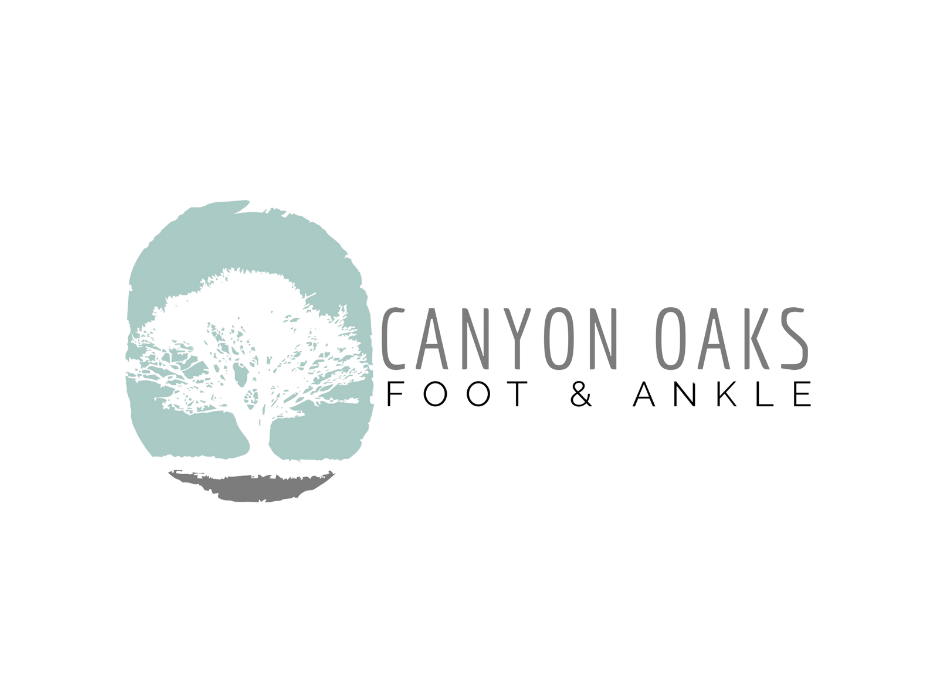Collapsed Foot Arch, also referred to as fallen arches or adult-acquired flatfoot, are a very common foot-related health problem.
How do you know if your arches have collapsed, what causes fallen arches, and what treatments are available?
Symptoms of a Fallen Arch
If you find it painful to stay on your feet for prolonged amounts of time and are even beginning to experience pain in the ankles, it may be a sign that your arches have collapsed.
“Symptoms include swelling on the inside of the ankle, pain that worsens with activity or walking on uneven ground, difficulty walking or standing for long periods and, eventually, pain on the outside of the ankle due to the heel bone shifting outward,” explains Mayo Clinic.
This pain is related to damage to the tendon that goes through the ankle and holds up the arch of the foot.
Causes of Collapsed Foot Arches
In many instances, foot arches collapse gradually rather than all at once due to years of activity on the feet.
The American College of Foot and Ankle Surgeons says “Most cases of ‘fallen arches’ develop when the main arch-supporting tendon (the posterior tibial tendon) becomes weakened or injured, causing the arch to gradually become lower. With time, the shape of the foot changes and secondary symptoms start to appear.”
Collapsed foot arches have also been related to underlying medical conditions such as plantar fasciitis, diabetes, obesity, or arthritis. In other cases, overuse or injury, such as while playing sports, cause arches to collapse.
Treatments for Fallen Arches
If you suspect you have a collapsed foot arch, the first step toward treatment is visiting your podiatrist.
Through a thorough examination, your foot and ankle doctor will assess the severity of the condition as well as surrounding risk factors including underlying medical conditions. From there, a customized treatment plan will be drawn up.
Before deciding on surgery as a solution, your foot and ankle doctor will help patients explore more conservative methods of treatment. If success is met using less invasive methods, surgery may not be necessary.
Non-surgical collapsed arch treatments include:
- Physical therapy
- Orthotics and braces
- Decreased activity
- Medication to manage pain
If the condition does not improve with such initial treatment attempts, surgery may be required to correct the collapsed arches.
“Procedures may include ligament and muscle lengthening, removal of the inflamed tendon lining, tendon transfers, cutting and realigning bones, placement of implants to realign the foot and joint fusions,” explains the American Orthopaedic Foot & Ankle Society in regards to fallen arch surgery.
Since it is easier to mend fallen arches with non-surgical procedures when they are detected at the beginning stages, it’s important to visit your podiatrist as early as you suspect your arches are collapsing.
Collapsed Foot Experts in Fresno, Visalia and Porterville, CA
If you think you may have a collapsed foot arch, don’t hesitate to schedule an appointment at one of our Canyon Oaks Foot & Ankle locations.
With offices in Porterville, Fresno, and Visalia our team of foot and ankle physicians is here to help get you back on your feet as soon as possible through a range of conservative treatments, and if need be, podiatric surgery. With well over 200 successful surgeries performed at our practice, we have the experience you can count on.

